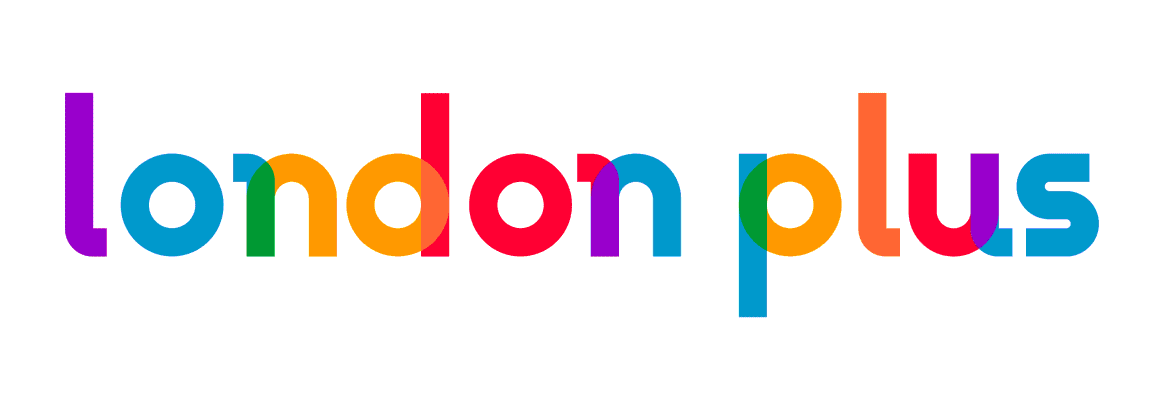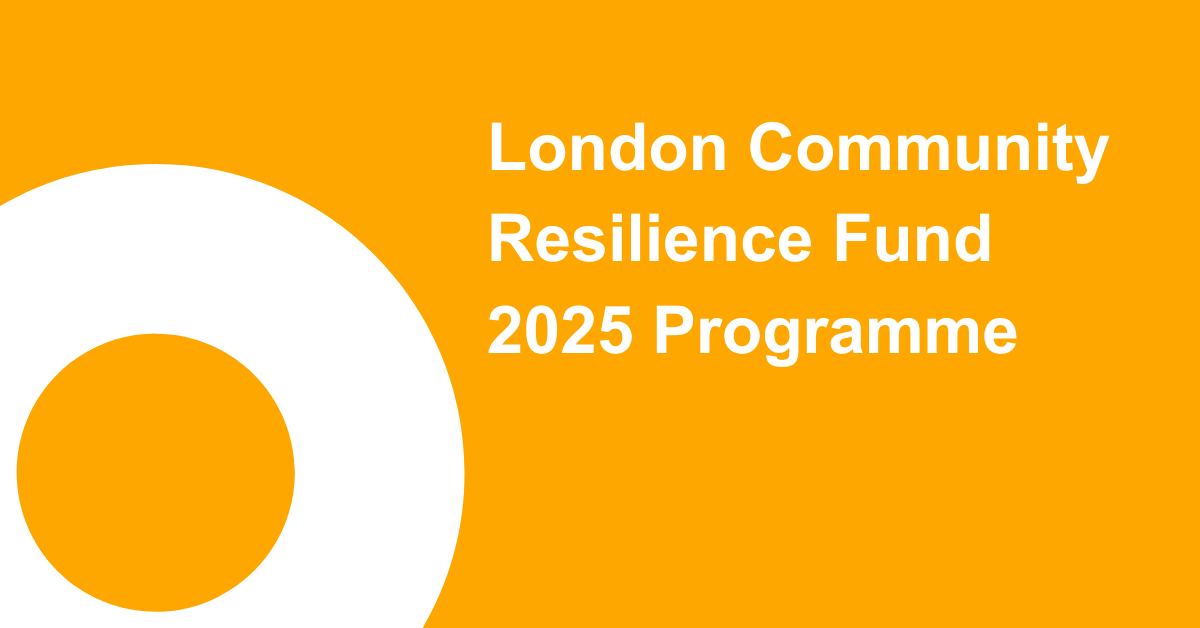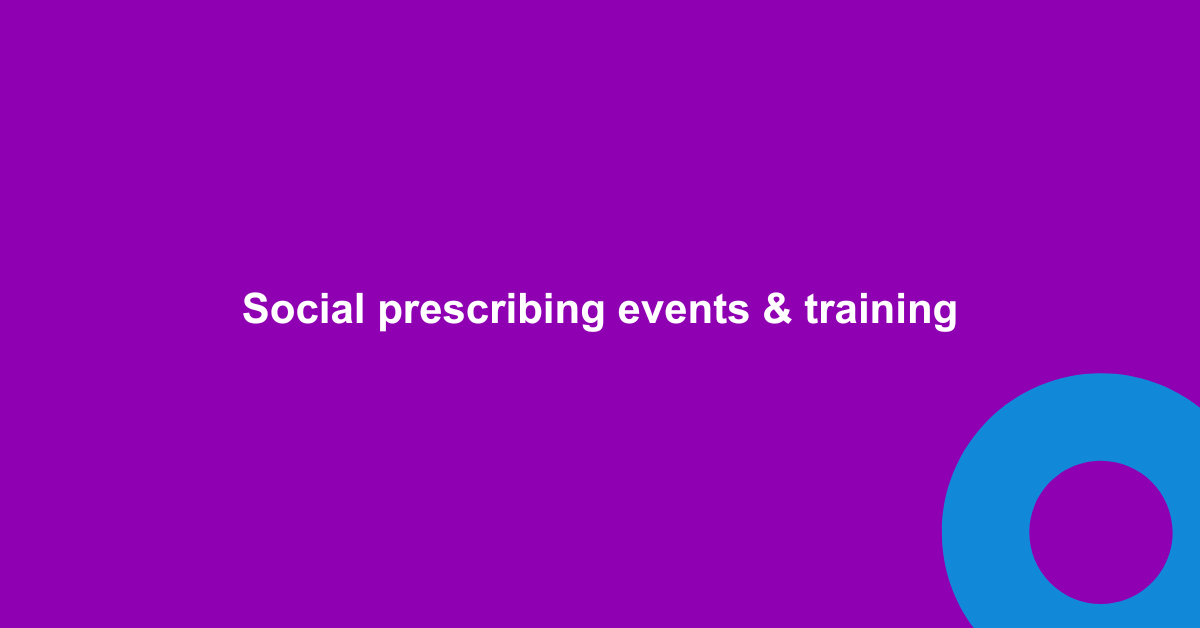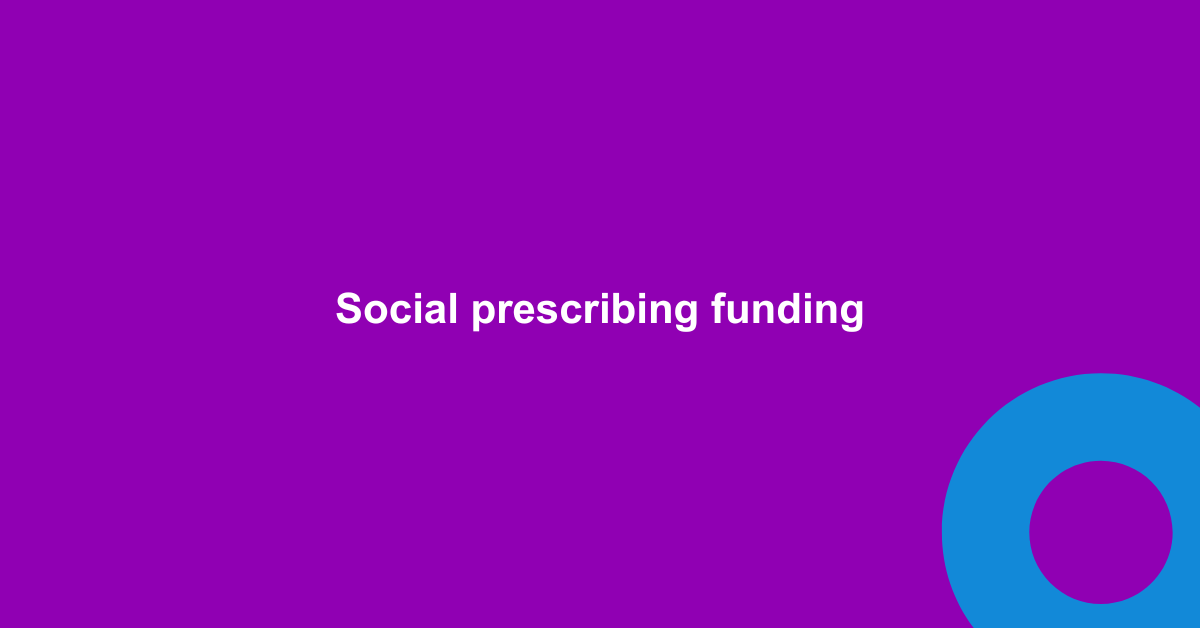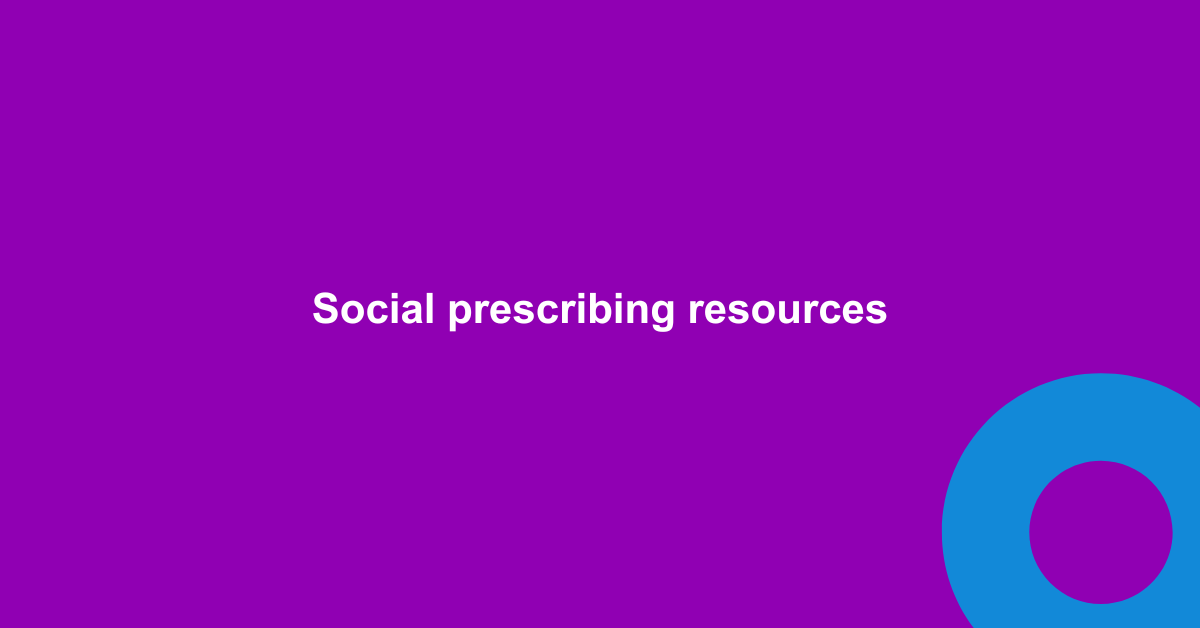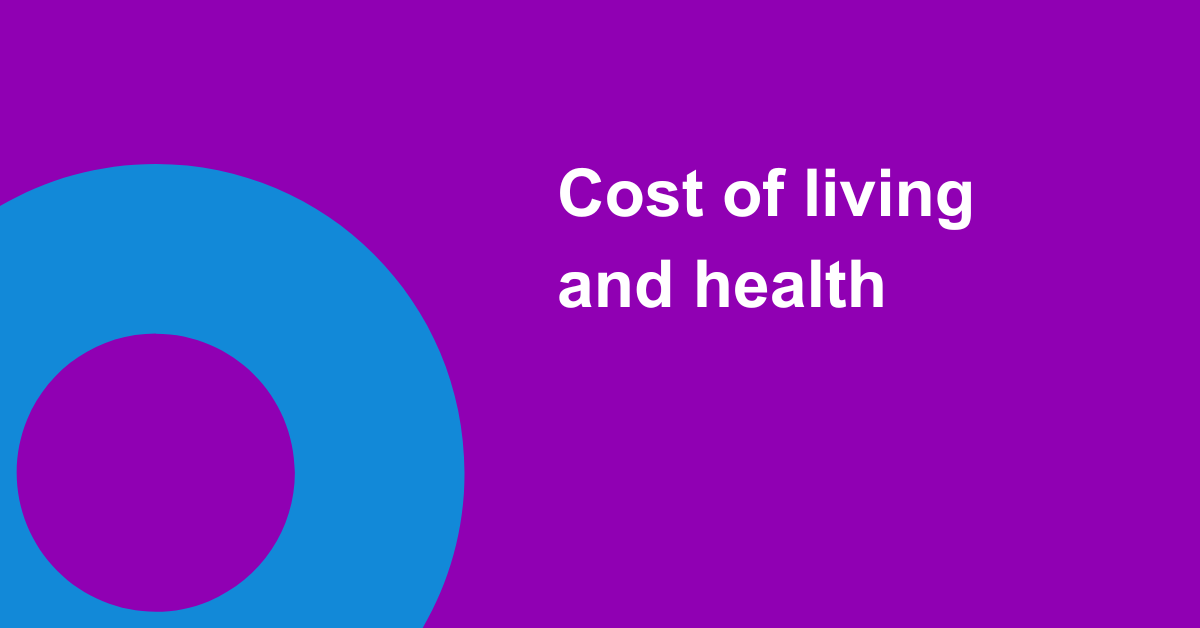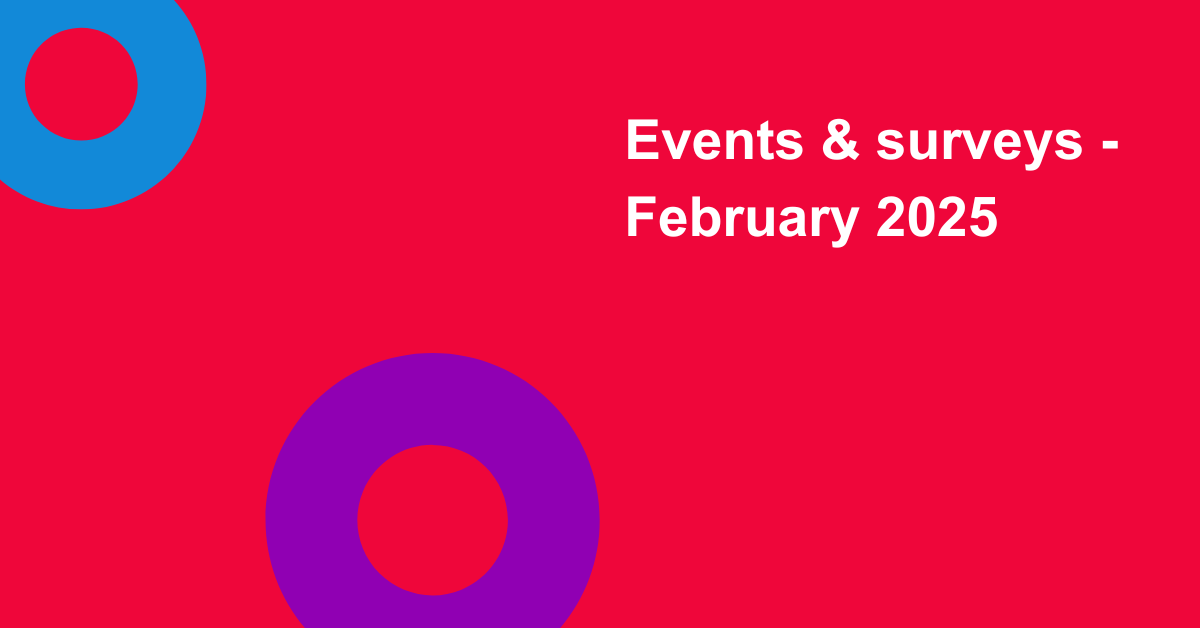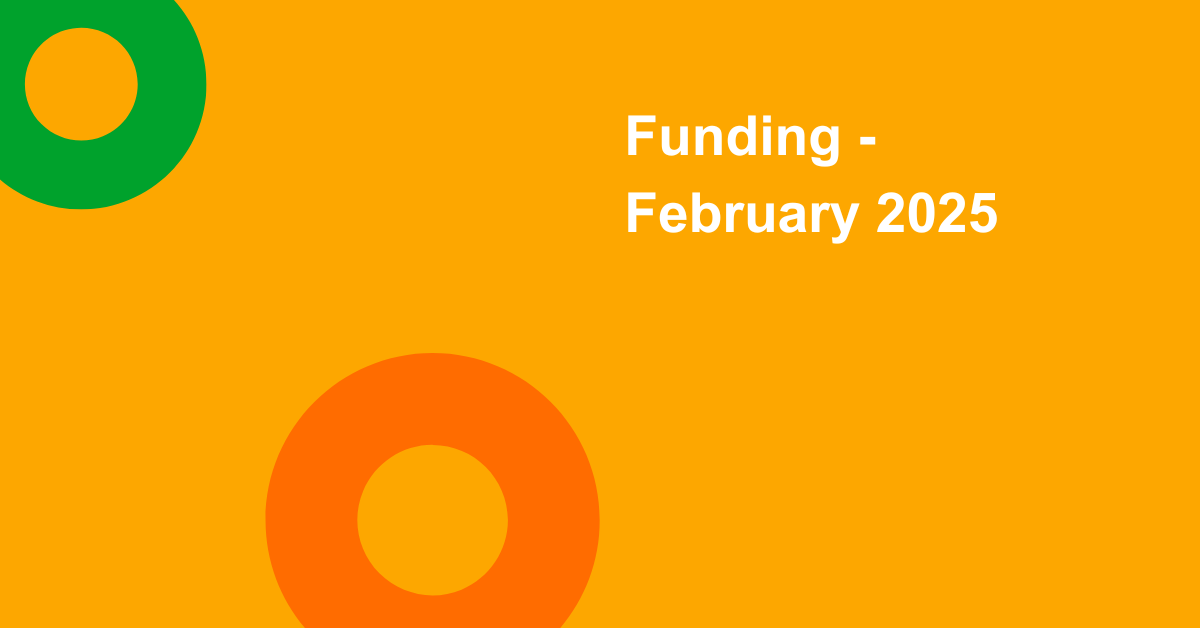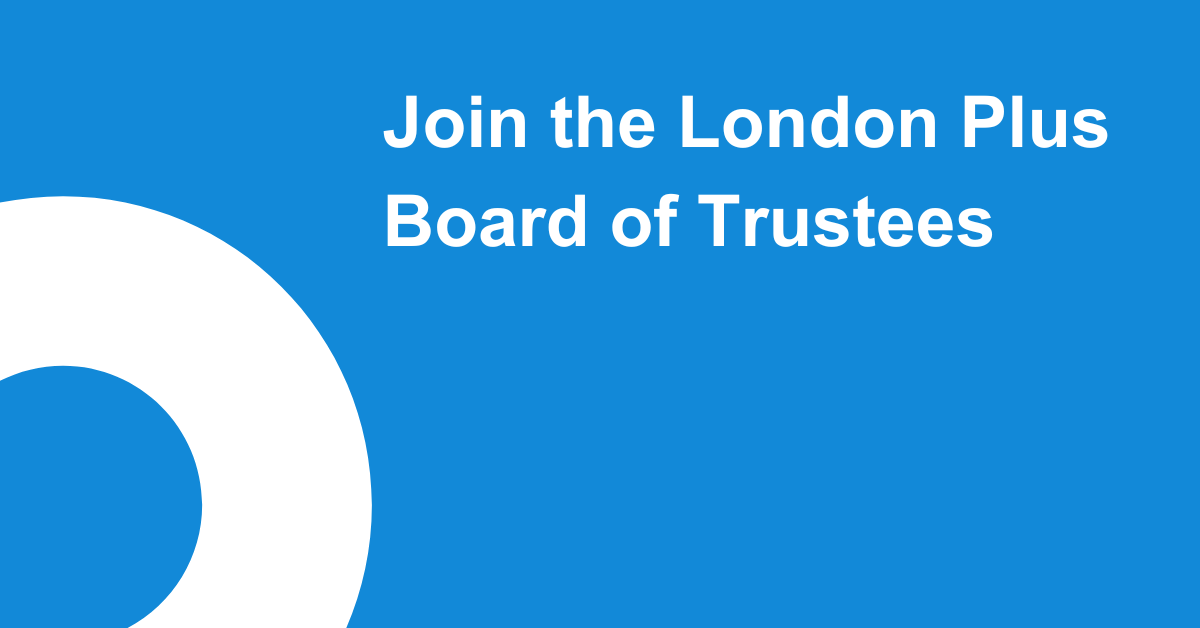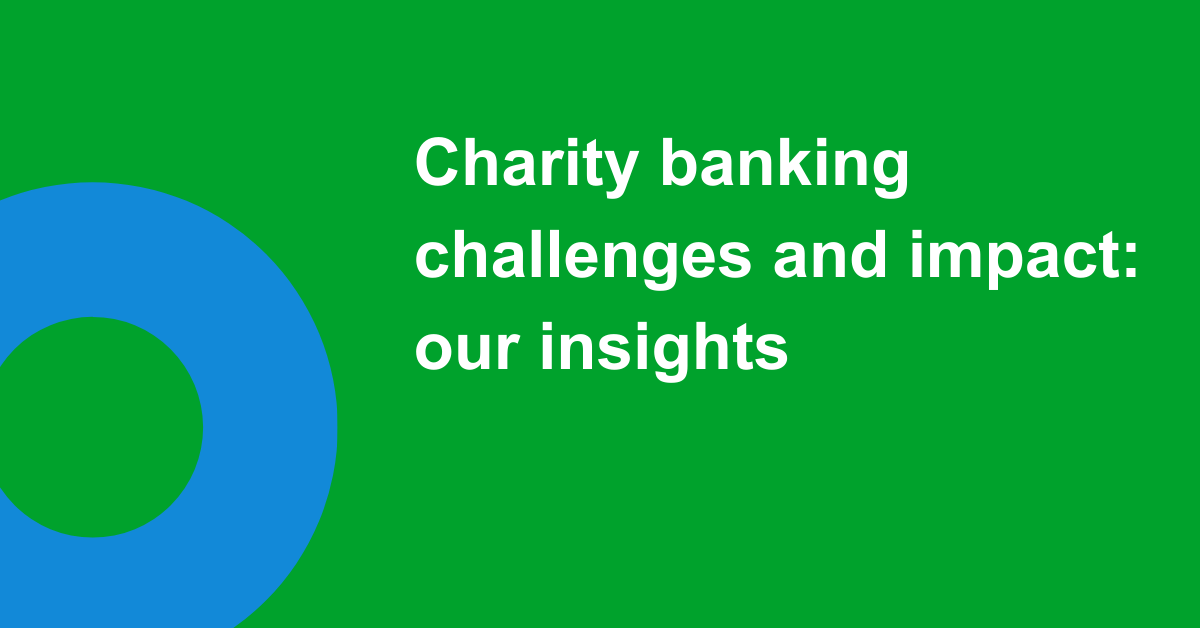London Plus have convened a working group to define a consistent approach to capturing and recording disability and impairment data for civil society organisations.
The aim of this project is to agree on a standard for the terminology and categories used to capture Disability and impairment. Ultimately, we envisage that a consistent data standard will help to:
- Facilitate organisations’ ability to shine a light on often overlooked groups’ participation in civil society and their experiences.
- Enable high-level findings across civil society organisations of different sizes to be compared.
Working group members and contributors
[list type=”arrow” color=”primary-color” ]- Natasha Codiroli Mcmaster – London Plus [Coordinator]
- Christine Goodall – HEAR network
- Hannah Goulding – The Greater London Authority
- Iyiola Olafimihan – Camden disability action
- Janine Volossevich – Deaf and hard of hearing women’s group Ealing
- Kathleen Egan – Age UK London
- Kristiana Wrixon – ACEVO
- Kush Kanodia – Global disability innovation hub
- Sarifa Patel – Alliance for inclusive education
- Tracey Lazard – Inclusion London
The need for equalities data standards across Civil Society organisations
Standards in the collection of equalities data is important to enhance our understanding of inequalities within and across organisations. This is a vital first step in identifying and addressing barriers based in a persons’ characteristics. For example, UK wide data standards have helped us understand the extent of the gender pay gap, and inequalities in a number of outcomes based on a persons’ ethnic background.
This project will take a test and learn approach and will start by focusing on one area of equalities data standards. We will then run the process again for different equalities groups and refine the approach, feeding in our learning.
The first area of equalities we will focus on is data standards for Deaf and Disabled people, specifically the terminology and categories used to capture impairment groups and access needs.
Specific requirements for disability data standards
There exists a number of data standards for the measurement of disability and/ or impairment, including those published by the Government Statistical Service (GSS) and the National Health Service (NHS). These standards follow a typical format, first asking whether a person has had any physical or mental health condition lasting 12 months or more and, if the answer is yes, whether this limits their day-to-day activities. Some question sets then go on to list conditions and impairment types and ask participants to tick which apply.
Concerns were raised by representatives from Disabled Peoples Organisations (DPOs) that the data standards outlined above focus too heavily on a medical model of disability[1], and would not be appropriate for adoption by civil society groups in their monitoring framework.
The alternative social model of disability shifts focus from the individual to society by identifying systemic barriers, negative attitudes and exclusion (purposely or inadvertently) that mean society is the main contributory factor in disabling people.
This programme of work sets out to recommend data standards that have been agreed and co-produced by civil society organisations, and that have a specific focus on the needs of people in London. Below is a list of requirements for the new data standards to ensure they are fit for purpose for civil society organisations in London. This list is not extensive but represents a minimum expectation.
Requirements for the data standards
- The standards will include recommendations for the presentation of questioning, definitions, structure and content of data collection methods.
- They should take into account the negative feelings many people associate with questions related to equalities issues, and the fears many people have about the misuse of such data.
- In consideration of (2), the standards should also be conscious of the power dynamic between the questioner and respondent and be designed in a way in which the respondent has power over their own data.
- The standards should be usable by small and large organisations alike. This will be achieved through offering shorter (or longer) recommendations for question sets depending on the organisations size and/or needs.
Actions
The group will proceed by scrutinising current data standards used by national organisations, and data collection by civil society groups in London. A survey will be used to gather feedback from civil society groups about data currently being collected, and how the data standards should look. We will then put forward recommendations for standards to be tested with civil society organisations and user groups through surveys and focus groups.
The proposed standards will be adapted following feedback from these groups. Finally, following the completion of all data standards projects, we will run a pilot study to test the implementation of the proposed data standards across civil society groups.
Further information
[1] For more information on the difference between the medical and social model of disability, please see Inclusion London’s explainer.If you would like to get involved, email Natasha at natasha@londonplus.org.
